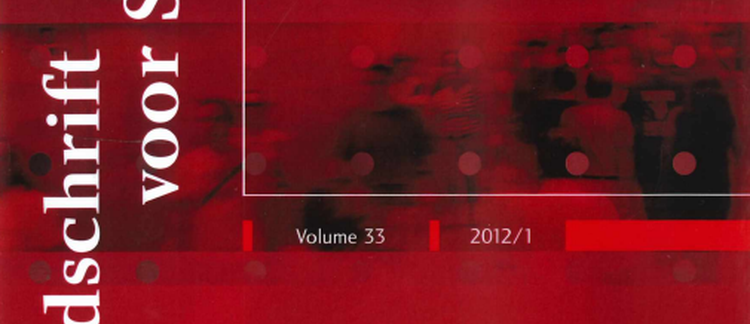Abstract
This article investigates the impact of socio-demographic life course variables on pension incomes of divorced women who received a pension for the first time in 2005. It uses administrative population-level data from the Belgian Pension and National Register, which have been linked in the Datawarehouse Labour Market and Social Protection. Our regression analyses show that women who were married for a longer time receive lower first pillar pensions and have access to second pillar pensions less often. Among divorced women with children, both having more than two children and caring for young children outside the marriage lead to lower first pillar pensions and to lower chances of a second pillar pension. Even though the explanatory power of these socio-demographic variables remains limited as compared to other variables such as the scheme in which pension rights have been built, it does contribute to a better understanding of the variation of pension income within schemes and within this cohort of divorced women.
How to Cite:
Peeters, H., Debels, A., Vandenplas, H. & Mutsaerts, A., (2012) “Levenslooptrajecten en het pensioeninkomen van gescheiden gepensioneerde vrouwen”, Tijdschrift voor Sociologie 33(1), 48–73. doi: https://doi.org/10.21825/sociologos.86793
Downloads:
Download PDF
View PDF


